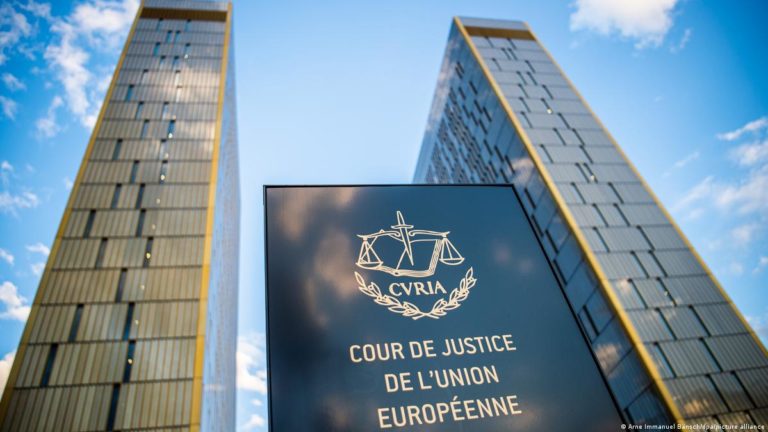
The European Court of Justice (CJEU) has ruled that European arrest warrants can only be rejected when there is proof of a systematic failure of the judicial system or if there may be rights abuses of an “identifiable group of persons”, and arrest warrants can only be repeated if they are proportionate.
According to the CJEU resolution in response to the pre-trial questions of the Spanish judge Pablo Llarena, this states that Belgium infringed the principle of mutual confidence in the Spanish justice when it rejected judge Pablo Llarena’s European arrest warrant for the exiled former Catalan Culture Minister, Lluís Puig.
The ruling focuses strongly on the protection of fundamental rights but adds some positive nuances for the defence of the Catalan exiles, as it opens the door to the possibility of their proving that the Catalan minority is an identifiable group of persons facing judicial system deficiencies affecting their protection. It is also important to highlight the mention of the Working Group on Arbitrary Detentions of the United Nations resolution, which is not binding but gives the defence further arguments to prove their point.
European arrest warrants are acceptable, but illegitimate persecution is not. The Luxemburg tribunal will allow arrest warrants for the exiles to be repeated, as long as they are “proportionate”, a notion that will be open to interpretation by the European judges.
In his submission of July 2022, CJEU Advocate General, De la Tour stated that Belgium wrongly rejected the Spanish arrest warrant, stating there was no finding of a systematic failure of the Spanish judicial system, and therefore Belgium could not reject the warrant for an individual risk of fundamental rights abuses.
However, today’s resolution brings hope for the persecuted Catalans because even though a systematic deficiency of the Spanish judicial system would be almost impossible to prove, there is a bigger window of opportunity for the defence lawyers to demonstrate that Catalans in favour of independence may have their rights violated as a specific, easily identifiable group. The Catalan pro-independence movement is still the victim of political persecution, which is why Belgium rejected Lluís Puig’s extradition warrant in the first place. There are 4.200 Catalans retaliated against for events related to the 2017 independence referendum and the ensuing demonstrations, and the Spanish authorities spied massively on Catalan activists and representatives, in what is known as Catalangate.
Lluís Puig has spent the last five years exiled in Belgium and does not have parliamentary immunity since he is not a member of the European Parliament. He has been charged with misuse of public funds during his time as the Minister for Culture in the Catalan government, although even Spanish magistrate Manuel Marchena stated in October 2019 that there had been no expense related to the independence referendum coming from the Catalan Culture Department. Still, the investigating judge maintained that after the reform of the Spanish Penal Code, proceedings should have continued against Puig for embezzlement and in its most serious form, which can lead to sentences up to 12 years in jail.
It is too early to know how the judicial persecution of the Catalan representatives will end, and this is an affair that will definitely take some time to be resolved, but this resolution creates a precedent with the Catalan exiles for the future rejection of the European arrest warrants against them.